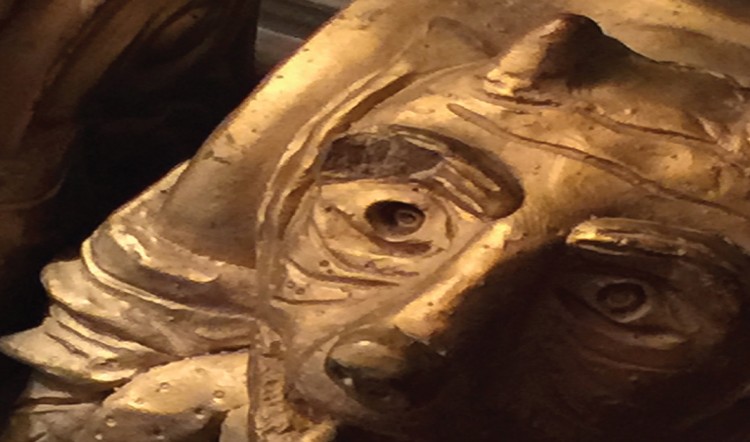Ruminations and Rulings
Today, I installed the Amazon Appstore on my phone and downloaded the freebies. It’s quick and painless and if you have an Amazon account already (which in all likelihood you do) it’s even quicker. We’ll see how long the name stays around as Apple is suing Amazon as it’s presently trademarked. Arguments are reasonable on both sides, but the store shall be staying around, regardless.
In other news, I learned Google got denied the rights to take all the books in the world and digitize them. While it’d be nice to have orphaned books available, I’m not in favor of Google’s opt-out policy, and side with opt-in. Opt out would set a very dangerous precedent and creates needless headaches and would turn over 300 years of copyright law on its head and drown it in a tub of “information wants to be free”.
An excerpt from his ruling, in Judge Chen’s own words “. . . it is incongruous with the purpose of the copyright laws to place the onus on copyright owners to come forward to protect their rights when Google copied their works without first seeking their permission.”
I’m not against Google. I was one of the early adopters of the search engine back in its infancy, and they’ve done some amazing things. This, however, doesn’t happen to be one of them.
Writers and publishers have a hard enough go of it without taking these extra steps. If I think about the audacity of this attempt to monopolize the works of other folks, why my head might explode. In an interesting side note to this, it makes me think of all the moves in the publishing industry as the monolithic companies whose stock and trade is in print attempt to wrap their heads around the digital marketplace and their space in it. That, however, is a post for another day.
Until next time, I bid you, dear reader, adieu!

4 Notes on, Ruminations and Rulings
rj
Digitizing all the worlds books is an amazing thing, you were right the first time. Trying to present copyrighted material unless the rights holder opts-out is as you say dangerous, and not what you’d like from a company with claims of doing no evil.
I find it amusing that Apple chooses to sue someone that uses a common name for a product, as Apple was once sued and loss for using the name Apple. Then they settled and agreed never to get into music. Ten years later they violated that agreement and were sued again and had to settle. Ten years after that they became the world’s biggest music publisher and were sued again and this time won. Maybe Amazon’s only crime is they weren’t gaudy enough. They should have called their app store iApple.
Kristian Serrano
Correct me if I’m wrong, but was Google’s intent to display the books in their entirety or simply make them searchable, showing the snippets of content with those search terms and allowing users to locate legal copies of those books elsewhere? There’s an enormous difference between the two, and the latter would only benefit the copyright holders.
The validity to Google’s position is that the valuable information in those books isn’t lost to time. Imagine the value of digital longevity to future generations.
Sean Preston
Amusing and valid points, RJ.
You’re wrong there, Kristian. They planned to also sell the content. That aside, the whole “opt-out” thing is an extremely dangerous precedent.
Granted, I’m not wanting to lose books to the ages–and I see the validity of the argument to digitize works–but we shouldn’t exempt a single business from the laws of copyright.
Kristian Serrano
I’m pretty confident that Google’s plan did not include selling out-of-print books without copyright permissions, and their primary intent was to make the content searchable with only snippets shown.
http://en.wikipedia.org/wiki/Google_Books
Subscribing users can click on a result from Google Books that opens an interface in which the user may view pages from the book, if out of copyright or if the copyright owner has given permission. Books in the public domain are available in “full view” and free for download. For in-print books, Google limits the number of viewable pages through a variety of access limitations and security measures, some based on user-tracking. For books that may be covered by copyright and where the owner has not been identified, only “snippets” (two to three lines of text) are shown, though the full text of the book is searchable.
…
For users outside the United States, though, Google must be sure that the work in question is indeed out of copyright under local laws. According to a member of the Google Books Support Team, “Since whether a book is in the public domain can often be a tricky legal question, we err on the side of caution and display at most a few snippets until we have determined that the book has entered the public domain.”